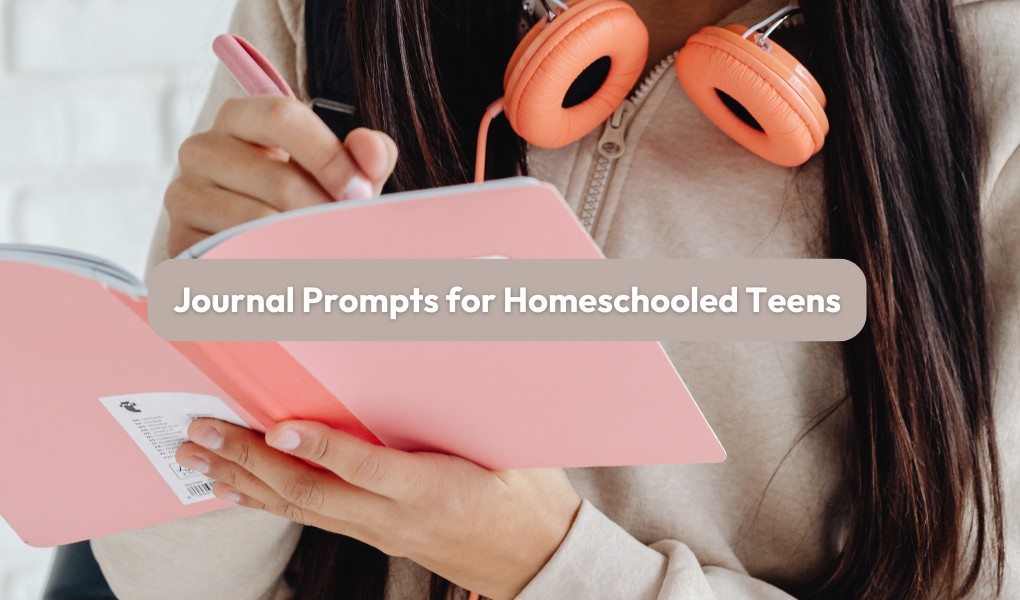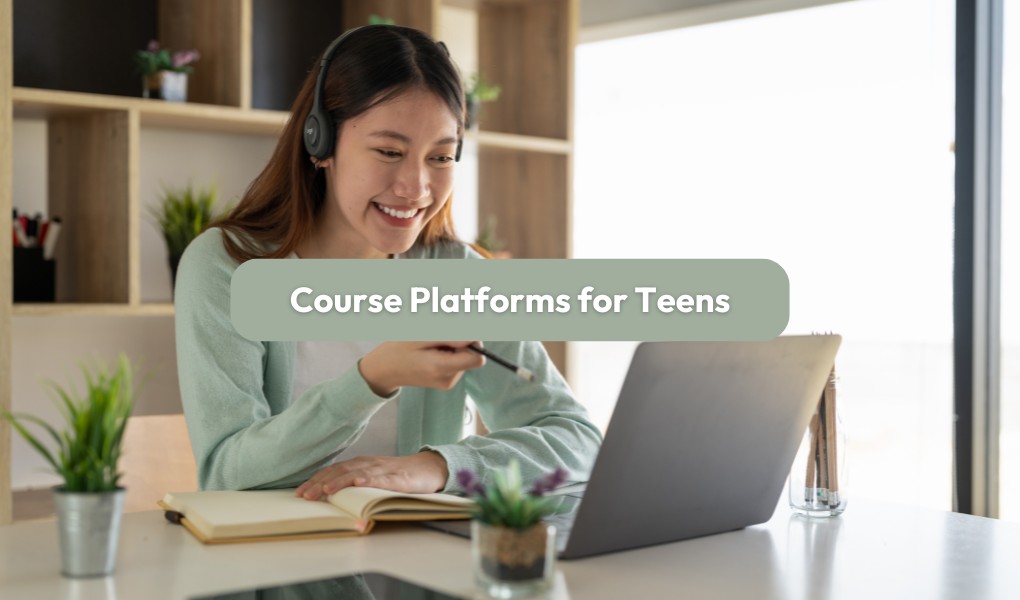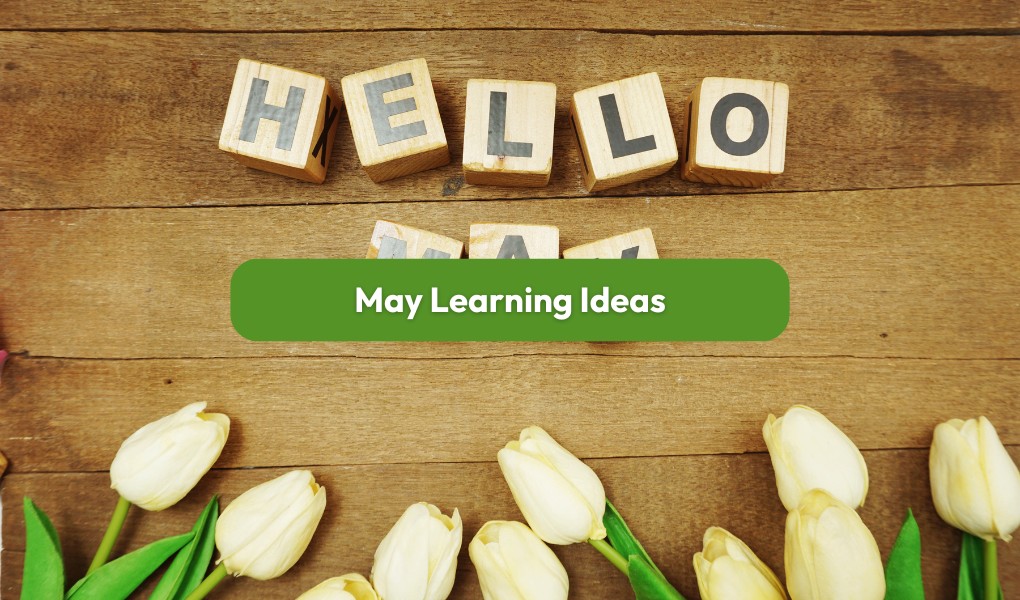These tips will help you when it comes to home educating as an introverted parent, and will hopefully preserve your energy and peace of mind!
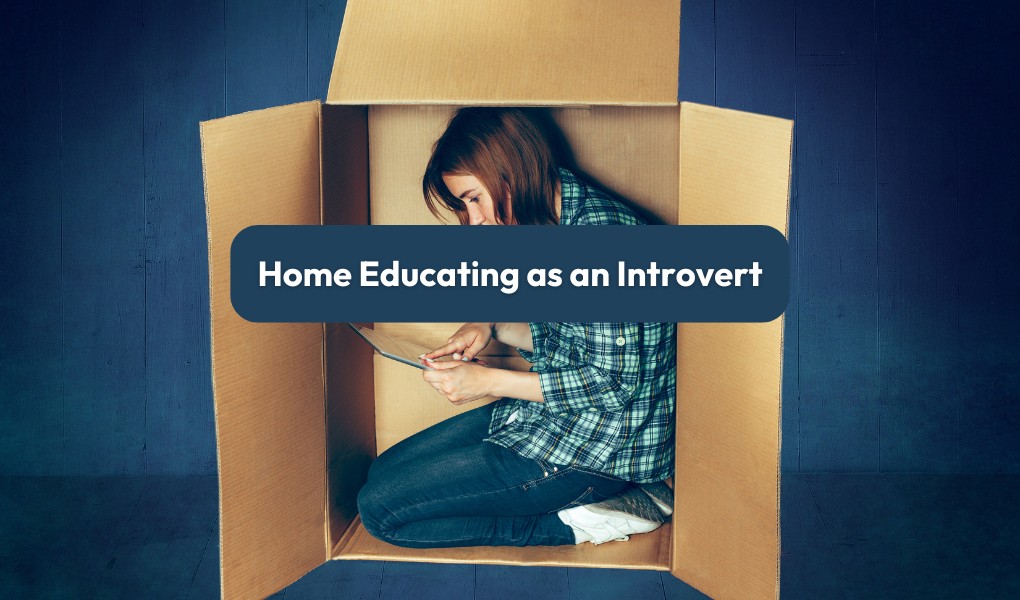
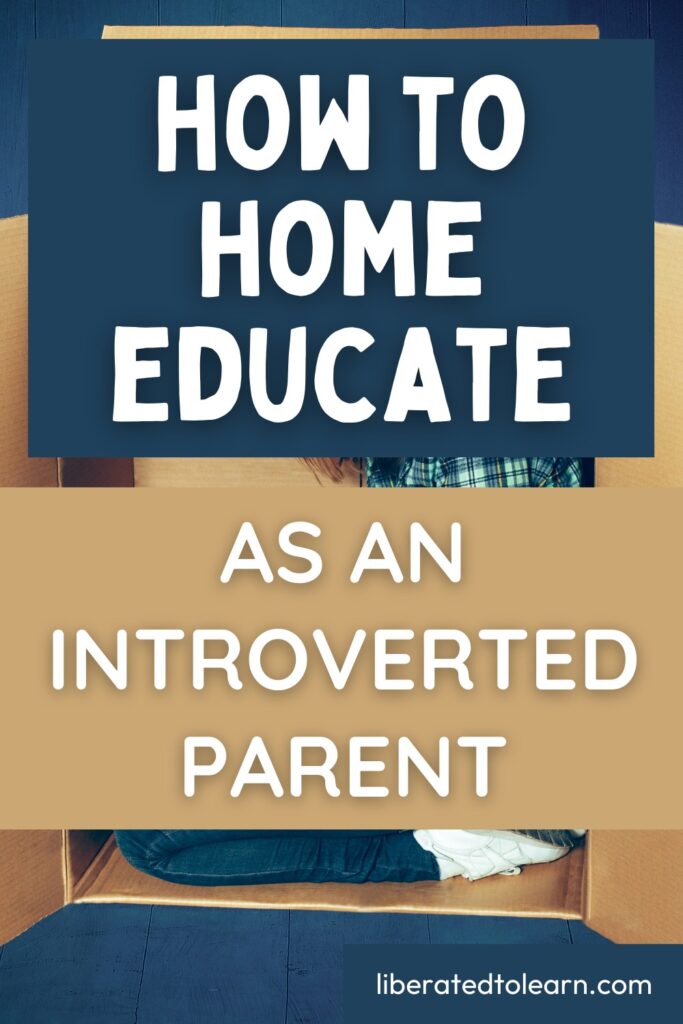
If you’re an introverted parent like me, you might be wondering how or if it’s even possible to home educate successfully. The truth? You being an introvert isn’t as big of a deal as you may think it is. In fact, being an introverted home educator definitely has its advantages and we as introverted parents have strengths in other areas that actually make home educating a lot easier and more enjoyable.
So, what exactly may you be worried about as an introverted parent who wants to home educate?
- That you won’t be able to provide enough social interaction for your home educated child.
- That your child will miss out on creating friendships or being involved in certain social situations.
- That you won’t have enough energy to home educate or will feel emotionally drained and burnt out.
- That you’ll feel uncomfortable joining a home education group or other social gatherings.
- That you won’t be able to provide enough hands-on activities.
- That you won’t be able to keep up with your extroverted child.
- That you’ll feel isolated and anxious about asking for help.
- That you’ll be judged by other people.
- That you’ll doubt yourself as a home educator.
Does that sound about right? Fear not. These are common worries for introverted parents, and even parents who are naturally more extroverted. Even now, these worries still niggle at the back of my mind, but often it’s all about perspective and knowing that there are things you can do to make home education feel less daunting.
Here’s what you need: some words of advice and tips to help you gain confidence as an introverted home educator!
Understand that Introversion Isn’t a Limitation
Being introverted isn’t a flaw, and it’s definitely not a limitation—despite what you may think. Yes, things may seem more overwhelming or challenging at first, but confidence starts with accepting who you are and what you can do.
As an introverted parent, you likely value thoughtful communication, deep connections, and meaningful experiences. These qualities actually make you well-suited to take on the role of a home educator who can enrich your child’s learning in a much deeper and more personal way. The key is in finding your strengths and taking advantage of them. Accept that you won’t be the most outgoing person in a home education group or that there’s only so much you’ll be comfortable doing. That’s completely fine. Every single person is different.
Being introverted means that you think more and see more, and this can really help your child to see the world through a bigger lens. As an introverted parent who would like to home educate—or might already be home educating—your strengths lie not in how much you do, but in the depth and time that you do things which make them quality learning experiences.
Embrace the Flexibility of Home Education as an Introvert
One of the best things about home education, and something that everyone who home educates will agree with, is how flexible it can be. And as an introvert, you can use this to your advantage.
Your schedule is on your terms and there’s no pressure to do things a certain way. You can make the most of the time when you’re active throughout the day to learn and do fun activities with your children. And when you need a bit of quiet time, you can have breaks when they are needed the most.
Some days may feel more demanding than others, but the great thing is you can shift and adapt to suit everyone’s needs, allowing you to accommodate the natural ebb and flow of energy in the house.
Addressing Your Worries as an Introverted Home Educator
The first step to helping you gain confidence when home educating as an introverted parent is to address your concerns. Remember, it’s normal to have worries. And it’s normal for these worries to come and go. Just know that there are ways to manage and overcome your concerns.
Here are some tips which might help you.
If you’re worried about socialisation:
- Focus on quality rather than quantity.
- Join small groups to start with.
- Don’t overwhelm yourself in an effort to prove yourself.
- Socialise with friends and family.
- Go to social events or groups with people you know.
- Join an online community to get to know other home educators.
- Remember, your child can still develop social skills in settings that don’t overwhelm you.
If you’re worried about personal energy and burnout:
- Try to find the right balance between being a parent and being a home educator.
- Take breaks when you need to.
- Communicate with your children to help them understand when you need a moment to yourself.
- Practise self-care and make it a part of your schedule.
- Whenever possible, get help from your partner, friends or family and involve them in home educating.
If you’re worried about not providing enough stimulation or activities for your child:
- Encourage independent and spontaneous learning.
- Find local clubs or groups that your children can go to.
- Take advantage of other resources, both online and at home.
- Start a new hobby together that you both enjoy.
- Make a list of things you like to do and tick them off together.
If you’re worried about feeling isolated or anxious asking for help:
- Join a group specifically for introverted parents.
- Vow to get out every day, even if it’s only for a short amount of time.
- Reach out to people that you know and trust.
- Remember, small steps still make progress.
If you’re worried about being judged by other people:
- Block out any noise from people you don’t know or who don’t understand your reasons for home educating.
- Remember why you chose to home educate in the first place.
- Remember the only opinions that matter are your own and your child’s.
If you’re worried about your own doubts:
- Know that you are your biggest critic, and that you don’t have to be so hard on yourself.
- Write down all the things you’re good at and where your strengths lie.
- Refresh your mind with mindfulness and meditation.
- Accept that you’ll have good and bad days.
- Remember that your mind influences your actions.
- Speak to other people who might be in the same boat.
Tips on Home Educating as an Introverted Parent
As we all know, home educating comes with its unique joys and challenges, whether you’re introverted or not. But for those of us who find constant interaction draining but feel guilty about whether we’re doing enough when it comes to learning, it can be difficult trying to find the right balance. Believe me when I tell you, it can be done!
These tips will help you when it comes to home educating as an introverted parent, and will hopefully preserve your energy and peace of mind!
Create a ‘morning buffer’
The best way to start your day as an introverted home educator is usually with some quiet time. Whilst this means waking up early and before everyone else, it gives you that much-needed time to yourself in the morning.
What do we mean by a ‘morning buffer?’ A ‘morning buffer’ is something you can establish as part of your morning routine which helps you to start the stay feeling centred and calm before tackling the day’s events. It could be something as simple as drinking tea or coffee by yourself, reading a book, journaling or even meditating.
Communicate your needs
Whether it’s to your partner, your children or even your friends and family members, communication is key. If you’re struggling, let people know. Often we feel like we have to suffer in silence, but that will only make things more difficult.
When it’s getting too much, or you need some advice and support, don’t be afraid to ask for help. Communicate your needs and communicate with your children too so that they can understand you.
Explore new hobbies together
You might have an extroverted child or you might both be introverts, but it’s always important (and really nice) to explore new hobbies together. Pick something new and interesting that you both would like, but that’s also not overwhelming for either of you. It also doesn’t have to be a hobby that involves a lot of people. You could do one-on-one classes, smaller groups, or even try out new hobbies, especially crafty ones, at home.
Join a small home education group
Joining a home education group might seem daunting at first, but remember everyone has been a newbie at some point and you’re all there for the same reasons. Joining a smaller group will be less intimidating and you’ll find it more welcoming and comfortable. You’ll also find that the more you go to a group, the more confident you’ll become because it will become so familiar and normal to you.
Find your community online
If a group, big or small, might be a bit too much for you at first, you can start by finding your home education community online. There are many introverted parents who are probably feeling the same way you are, and reaching out through online groups can help you to get to know other home educators better without having to be in a physical group setting.
Try ‘loop scheduling’
To make home educating as an introverted parent less overwhelming, you could try something called ‘loop scheduling.’ This is when, instead of assigning topics to specific days, you make a list of subjects and activities (likely in order of priority) and work your way through them or rotate them at your family’s own pace. This means you can get through more on your better days, and be flexible on those extra hard days.
Use a variety of learning resources
The great thing about home education is that you can use as many learning resources as you like and any learning style that suits your child. Take comfort in the fact you don’t need to be an extrovert to help your child learn. You can use anything from books to online resources and apps.
Create a quiet space for quiet activities
As introverts, we need quiet time during the day to recharge. With children this isn’t always easy, but you can always encourage quiet time by creating a quiet space in your home, specifically for quiet activities or winding down.
Outsource what usually drains you
If you find particular parts of home education or parenting quite draining, try and outsource what usually takes up the most of your energy. If your child is really academic but needs more support with their learning than you can offer, hire a tutor. If it’s the thought of planning what to eat and cooking every evening, try out a food subscription box to make life easier.
Schedule time for self-care
The most important thing for any parent and home educator, introvert or not, is to schedule time for self-care. We all need to take time for ourselves and do things that we enjoy so that we can be the best versions of ourselves for our children.
Related: How to Practise Self-Care While Home Educating
Acknowledge Your Strengths as an Introverted Parent
Being an introvert doesn’t mean you can’t thrive as a home educator—you might just do things a little differently. Instead of focusing on what you might lack or the qualities you wish you had, focus on the strengths you do have.
And if you’re wondering what strengths you might have, here are some of the best qualities that introverts have that make them excel at home education.

A calm and patient demeanour
Introverts tend to have a much calmer presence, which then creates a more peaceful environment for their children. You’ll probably find that you have a lot of patience as a person because you think more deeply. This can really help your children to feel a lot safer and reduce any stress that might arise when learning.
Deep listening skills
Naturally, introverts are attentive listeners, which means we focus on the little details. When home educating, this ability is invaluable for creating meaningful conversations and understanding your child’s needs. We truly get to know their strengths and weaknesses on a much deeper level and then are able to tailor our approach to support their learning journey.
Being observant
When it comes to both parenting and home educating, being observant is an undeniable strength because it means you notice every little detail and change in your children. You’ll notice even the most subtle cues about your child’s emotions, their learning style, and when they are struggling.
Thoughtful planning
Introverts often put a lot of thought into everything they do, which includes planning things. This means that when it comes to home educating, you’ll likely go above and beyond to create the best learning experiences and thoughtful activities for your child based on their interests and goals.
Strong empathy
Many introverts have a high level of empathy, which means they connect deeply with their child’s feelings and experiences and are able to relate to them. Having strong empathy allows you to not only support your child academically but also emotionally.
A love of creativity
It would be surprising to find an introvert who wasn’t creative. We are often lifelong learners who love to try new things and find creative hobbies. Whether it’s art, writing, or imaginative play, you’re likely to encourage your child’s creative expression and provide the time and space for it to flourish.
A strong sense of boundaries
Introverts are usually mindful of their own limits, which helps you establish healthy boundaries in your own life and when home educating. Teaching your children to respect downtime and personal space is a valuable lesson that benefits the whole family. Your strong sense of boundaries will also influence your children to set their own boundaries in life.
Quality one-on-one time
As an introvert, you value and much prefer quality one-on-one time rather than big group experiences, and this is something that you’ll be great at providing your children. When home educating, the one-on-one time that you give to your children will not only help them to learn more in a more personal way, it will also create stronger bonds between you both.
Resilience in solitude
Since introverts recharge in solitude, they are less likely to depend on external validation. This inner resilience allows you to trust your instincts and stand firm in your home education choices, even when faced with criticism or doubt.
Long-term vision
With all the thinking that introverts do, it’s no surprise that we think and plan for the future so well. And because we can see the big picture, this perspective helps us to make intentional decisions about our children’s education and their personal growth.
Confidence Grows With Time
One of the most important things to remember when home educating as an introvert is that confidence grows with time. It’s also not a problem that needs to be solved, rather something that needs to be accepted and embraced. Realise the strengths of being an introverted parent and home educator and how such qualities are powerful assets in guiding your child’s education.

m@liberated
Want more from Liberated to Learn?
Subscribe to stay updated about new posts, resources and giveaways!




